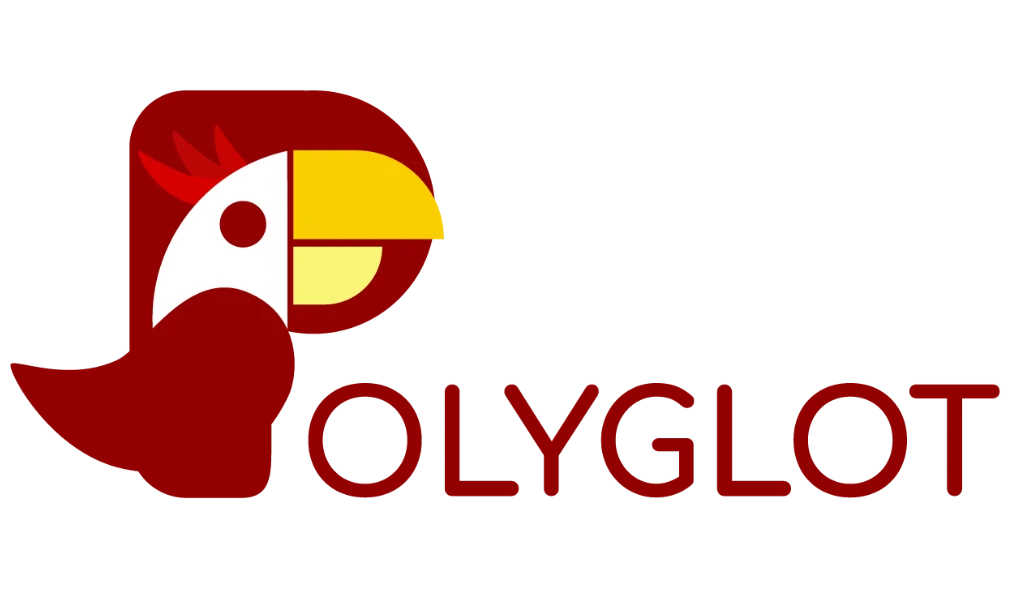Professional translator or artificial intelligence? Translating entire paragraphs with a single click, stylistic editing, or even changing the tone. Artificial intelligence can now do things with text that would have seemed entirely unimaginable just a few years ago. What’s more, it no longer struggles with less widely spoken languages either. Despite all this, translators need not worry. While their work may evolve, it’s highly unlikely to disappear any time soon.
Recent technological developments have raised a key question for many: can a professional translator truly be replaced by artificial intelligence? For now, the clear answer is no. Although machine translation—especially tools powered by large language models—has improved dramatically, human expertise remains indispensable in the field of professional language services.

The Advantages and Limitations of AI
There’s no denying it: AI-powered translation engines (like Google Translate or DeepL) are far more accurate today than they used to be. For everyday, straightforward texts, they can even produce translations that are coherent, logical, and grammatically correct. When browsing a foreign-language website or doing a quick information search, such tools can indeed be useful.
However, when it comes to professional, official, or business-level communication, machine translation often fails precisely where the highest level of precision is needed. An algorithm cannot always detect cultural nuances, the tone or intent of a text, nor can it adapt fully to context. And perhaps even more importantly: there’s no accountability when mistakes occur. An open-source program cannot be held responsible. But a professional translator can, as they personally stand behind the quality of their work. This is especially critical in legal, financial, or medical contexts.

Where Are Professional Translators Still Essential?
Legal and Official Texts
In the translation of contracts, declarations, or official documents, every word counts. “Close enough” is simply not good enough. Minor inaccuracies can lead to misinterpretation or legal consequences. Certified translators are not only fluent in the language, but also skilled in interpreting legal texts. They understand how to use terminology correctly within the legal framework of the target language.
Marketing and Creative Content
In advertising copy, PR materials, or website content, the goal isn’t just to transfer information, but to evoke emotion and persuade. That requires a sense of style and creativity that machines are not yet capable of. A professional translator takes into account the target audience, cultural context, and brand voice. Often, they don’t just translate—they localise, adapting the original message to fit the cultural and linguistic environment of the target market.
Medical, Technical, and Scientific Translations
Here, precise terminology is crucial. A professional technical translator not only knows the language but also understands the specific field. They know when to retain Latin terms, when to use native equivalents, and how to render information as clearly and accurately as possible in the target language.
Conference and Interpreting Services
Despite advancements in AI, live interpreting—especially in diplomatic or business settings—still relies heavily on human presence. A professional interpreter conveys not just words but also nuance, emphasis, and emotional tone. This type of real-time interaction is not yet replaceable by machines.

Why Is Professional Oversight Important?
AI can be an excellent supplementary tool—for example, to produce a first draft of a translation—but it is not suitable for final publication without professional review. A professional translator doesn’t just proofread AI-generated content. In many cases, they rewrite it entirely to ensure it meets the standards of the target language and culture.
Moreover, AI does not accept liability. If a faulty translation leads to a financial loss, the risk falls on the client, not the software. In contrast, professional translators work according to industry standards, often hold liability insurance, and provide guarantees for the quality of their work.
Machine Translation Complements, Not Replaces, Professional Translators
There’s no doubt that AI is transforming the language services industry and has become a valuable tool for translators themselves. By leveraging technological advancements, they can often work faster or offer more competitive pricing in certain cases. However, for the foreseeable future, translation software cannot fully replace human expertise.
The role of professional translators is not diminishing—it is evolving. Tasks such as proofreading, terminology management, localisation, and creative rewriting are becoming increasingly important. The future, therefore, is not about “machines versus humans,” but about how the two can collaborate to achieve the best possible results.






